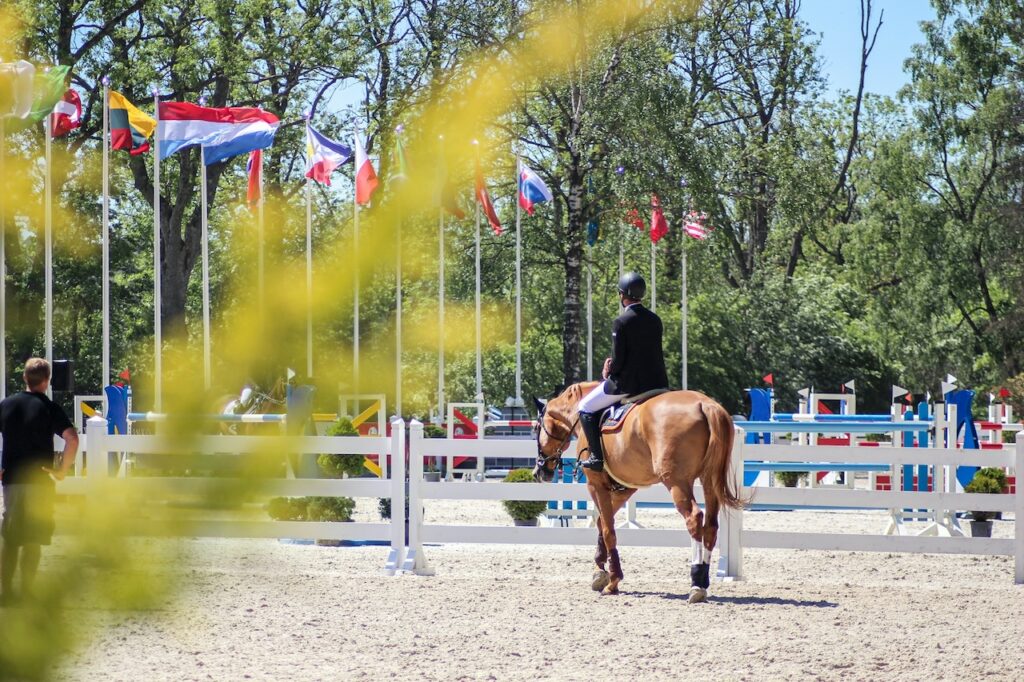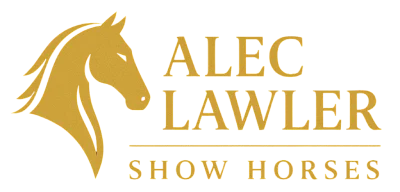
Behind every ribbon, trophy, or standing ovation is a journey that started long before the show ring. A show horse’s career is a story of growth, discipline, and transformation—shaped by time, training, and teamwork.
From the moment a foal takes its first wobbly steps to the day it confidently enters a championship arena, there’s a carefully orchestrated path that turns potential into performance. Whether you’re an aspiring rider, owner, or admirer of the sport, understanding the stages of a show horse’s career offers a deeper appreciation for the elegance and effort behind every ride.
1. The Early Years: Foundations Are Everything
The first few years of a horse’s life are all about building trust and introducing basics. While young horses aren’t ridden right away, they begin learning:
- How to lead and respond to halter pressure
- Routine grooming and handling
- Standing for the farrier and vet
- Trailer loading and basic ground manners
Foals raised in well-managed environments receive gentle exposure to different stimuli, which helps them develop confidence and adaptability later on.
2. Starting Under Saddle: Slow and Steady Wins
At around 2–3 years old (depending on breed and discipline), young horses are gently introduced to the saddle, bridle, and eventually a rider. This stage—often referred to as being “started under saddle”—is about mental readiness as much as physical development.
Key focuses include:
- Learning voice and leg cues
- Balancing under a rider
- Walking, trotting, and cantering calmly
- Light exposure to arena work or trail riding
Patience is vital. Pushing a horse too fast at this stage can create fear, tension, or long-term resistance.
3. The Green Years: Building Skills and Strength
By age 4 or 5, most show horses begin entering “green” or young horse divisions, where they continue developing skills specific to their discipline.
For hunters, jumpers, or dressage prospects, this includes:
- Learning rhythm, balance, and transitions
- Introducing small fences or dressage movements
- Schooling at home and attending their first shows
- Experiencing new environments, noises, and distractions
These years are all about confidence-building. Mistakes are expected. The goal is to lay a strong foundation, not to win every class.
4. The Prime Years: Performance and Refinement
Around age 6–10, many horses hit their peak performance years. They’ve gained the strength, focus, and experience to compete consistently and excel in the show ring.
This is the time when:
- Movements become more refined
- Courses become more technical
- Show schedules become more demanding
- The horse/rider partnership becomes more synchronized
Nutrition, conditioning, and recovery routines are crucial during these years to maintain health and prevent burnout.
5. Longevity and Transition: Life Beyond the Spotlight
Every horse’s body and temperament are different, but eventually, even the most successful show horses will begin to slow down. For some, this means:
- Moving to lower-level divisions with a junior or amateur rider
- Transitioning into a schoolmaster or lesson horse role
- Enjoying a well-earned retirement with plenty of turnout and leisure
Horses that are treated well throughout their careers—mentally and physically—often thrive in second careers or quiet retirement homes.
6. The Role of Teamwork in Every Stage
While the horse is the one in the spotlight, their success reflects the efforts of a whole team—trainers, riders, veterinarians, farriers, grooms, nutritionists, and caring owners.
Each stage of a show horse’s evolution requires:
- Thoughtful planning
- Open communication between team members
- A deep understanding of the horse’s individual needs
No two careers look exactly alike, but all great ones are marked by respect, patience, and long-term commitment.
Final Thoughts: The Journey Is the Reward
From stable to spotlight, the evolution of a show horse is a beautiful blend of nature, nurture, and time. It’s a process filled with milestones, challenges, and small moments that define the bond between horse and human.
Whether they earn blue ribbons or simply bring joy to those who work with them, every show horse deserves to have their journey honored—and their legacy remembered.

